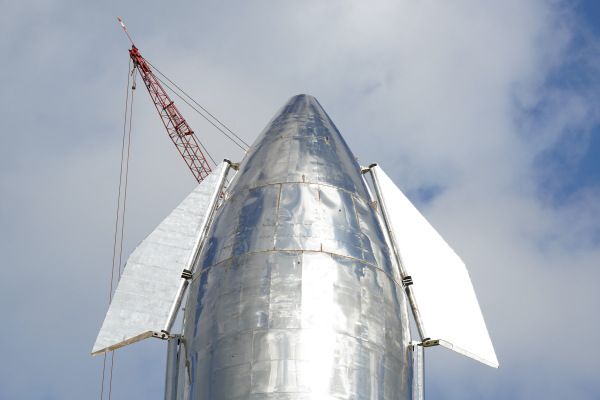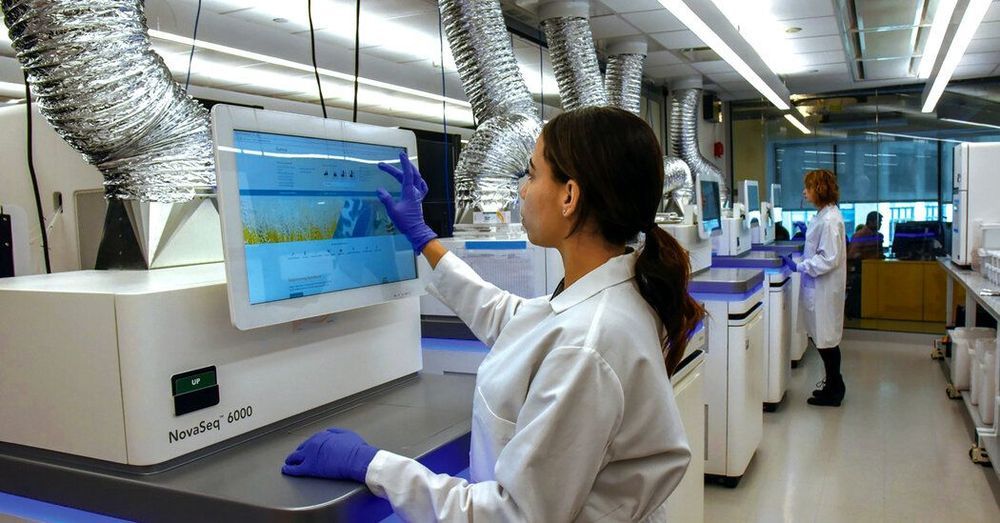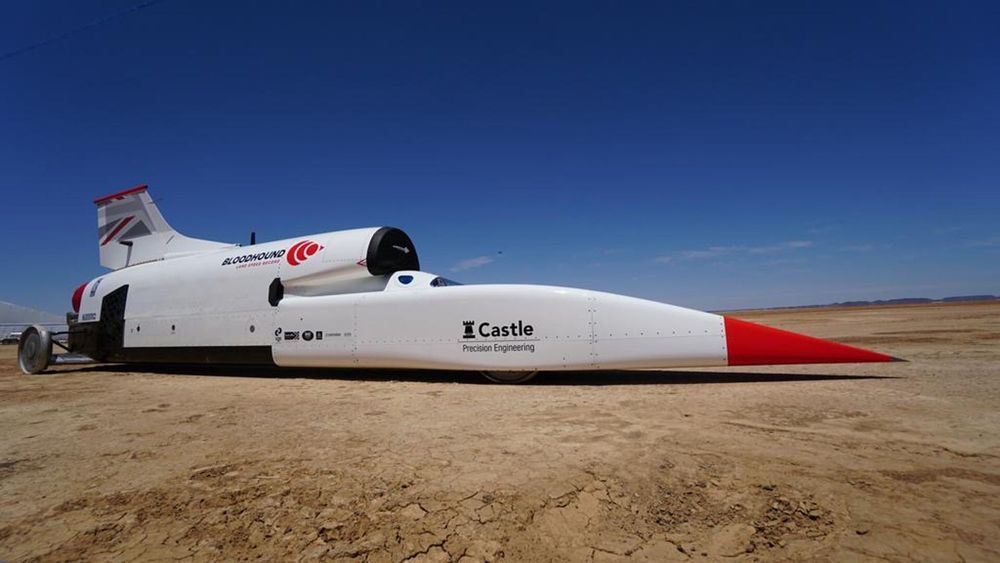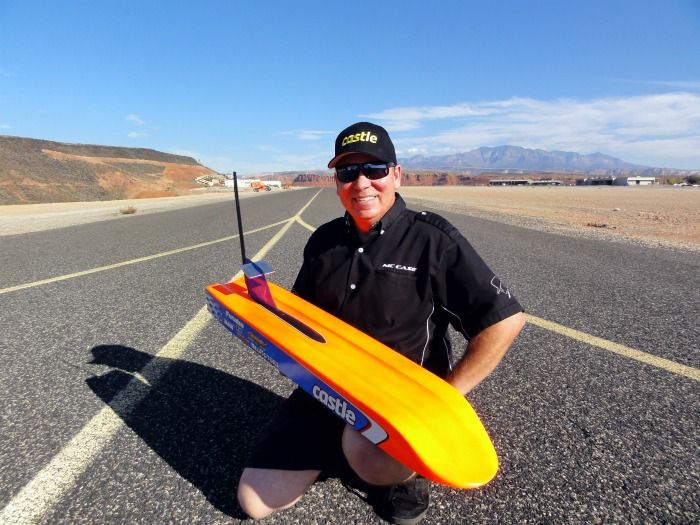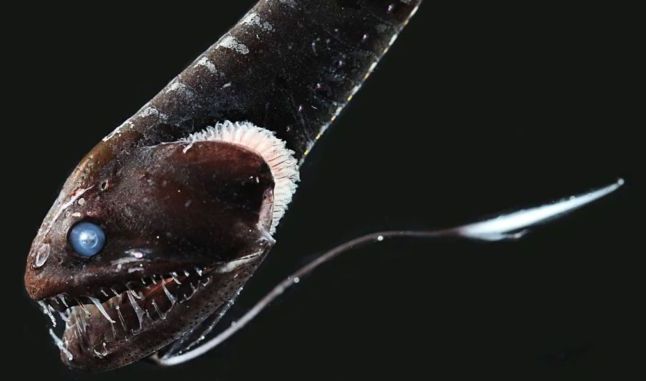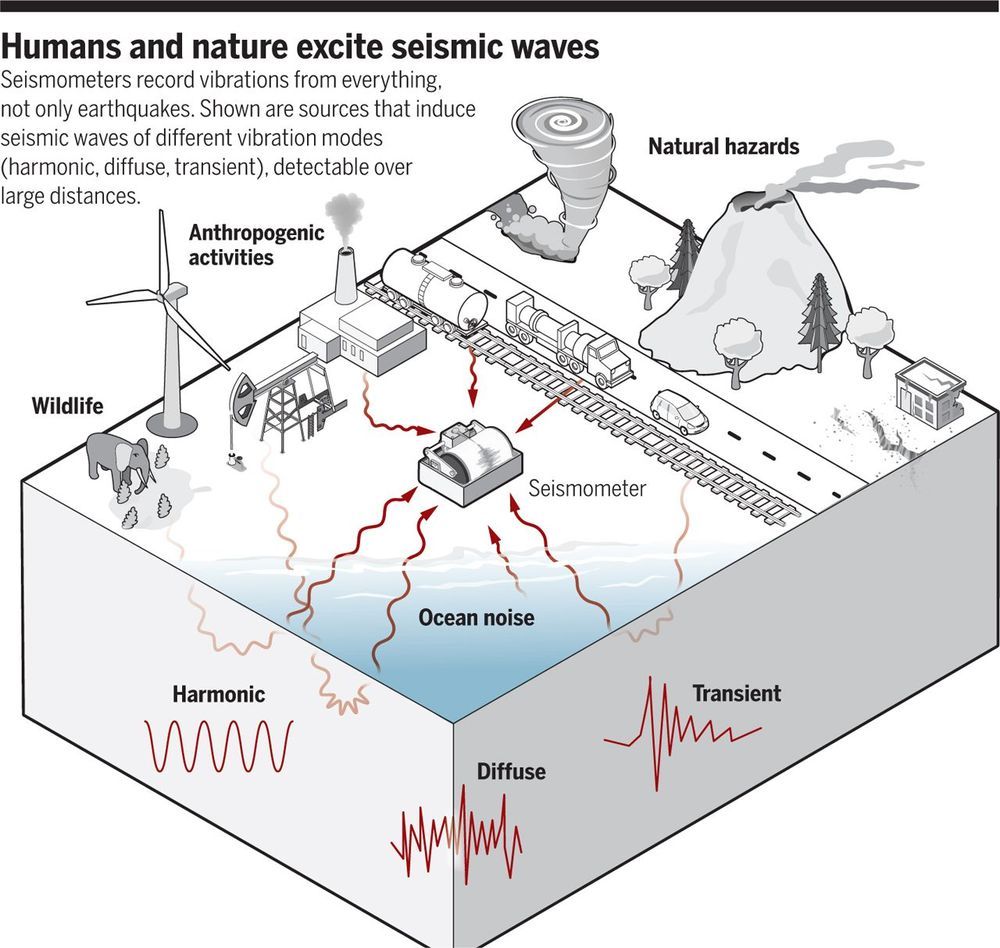– TechCrunch
Elon Musk has shared some details about future testing of Starship, the SpaceX launch vehicle currently being developed by the company at its Boca Chica, Texas facility. Recently, SpaceX has completed short, 150 meter (just under 500 feet) test flights of two earlier Starship prototypes, SN5 and SN6 – and SN8, which is currently set to be done construction “in about a week” according to Musk will have “flaps & nosecone” and ultimately is intended for a much higher altitude test launch.
The prototypes that SpaceX has flown and landed for its so-called ‘short-hop’ tests over the past few weeks have been full-sized, but with a simulated weight installed on the top in place of the actual domed nosecone that will perch atop the final production Starship and protect any cargo on board. SN5 and SN6, which are often compared to grain silos, are also lacking the large control flaps on either side of the nosecone that will help control its flight. SN8 will have both, according to Musk.
This version of the prototype will also undergo the same early testing and its precursors, including a static fire and other ground checkouts, followed by another static fire before ultimately attempting to fly to an altitude of 60,000 feet – and then returning back to the ground for a controlled landing.
